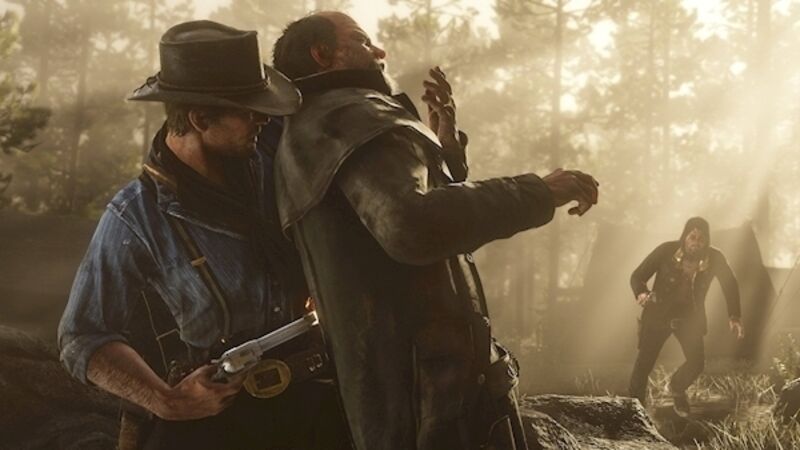Game Tech: Good, the bad and the ugly

In terms of pace, if games were holidays, Grand Theft Auto would be New York, but Red Dead is Connemara, writes
While many are enjoying the rolling hillsides of Red Dead Redemption 2, Rockstar is rolling in the cash instead. Their divisive masterpiece has pulled in almost €1bn since its launch last Friday, making it the biggest weekend launch for any entertainment product in history.











